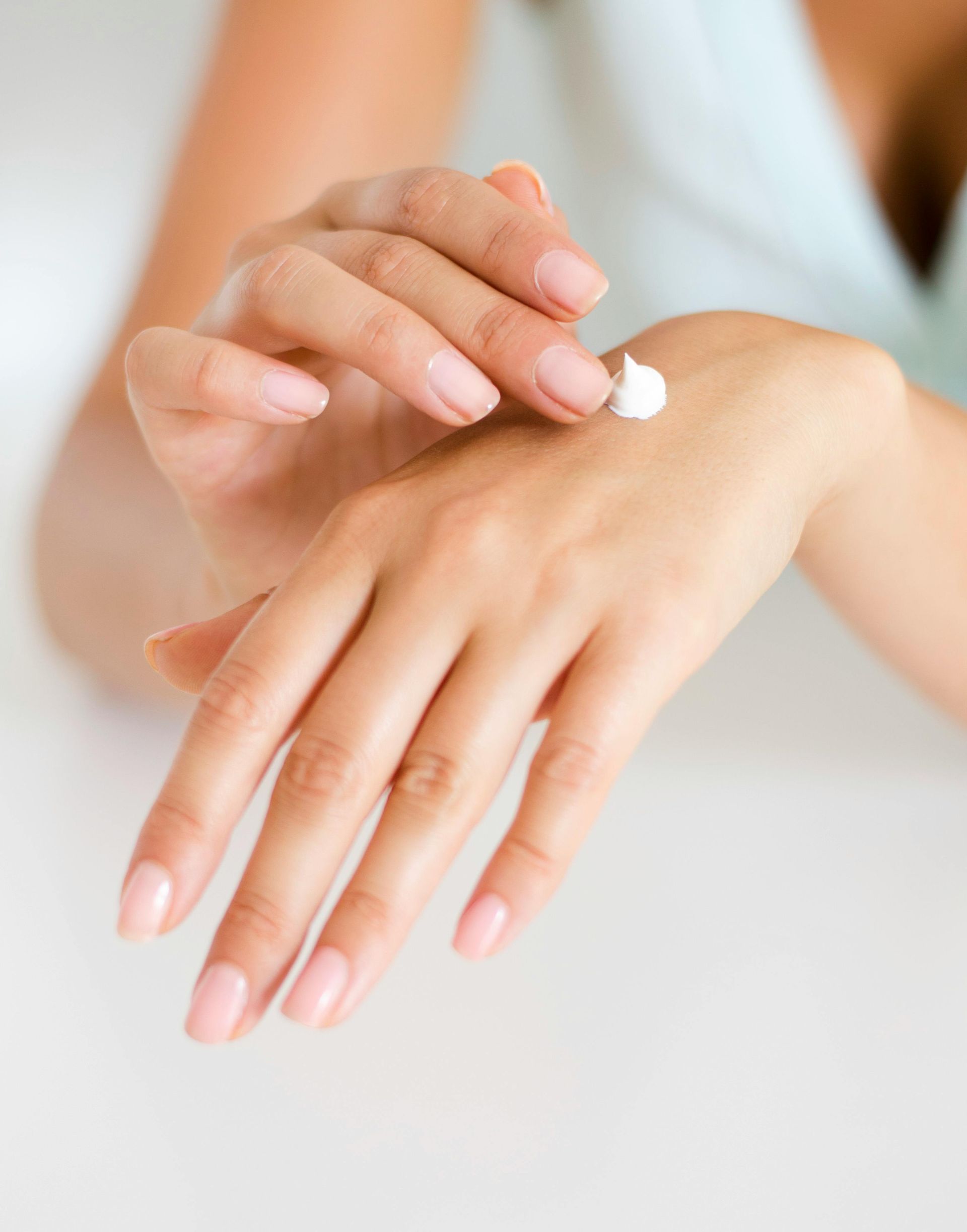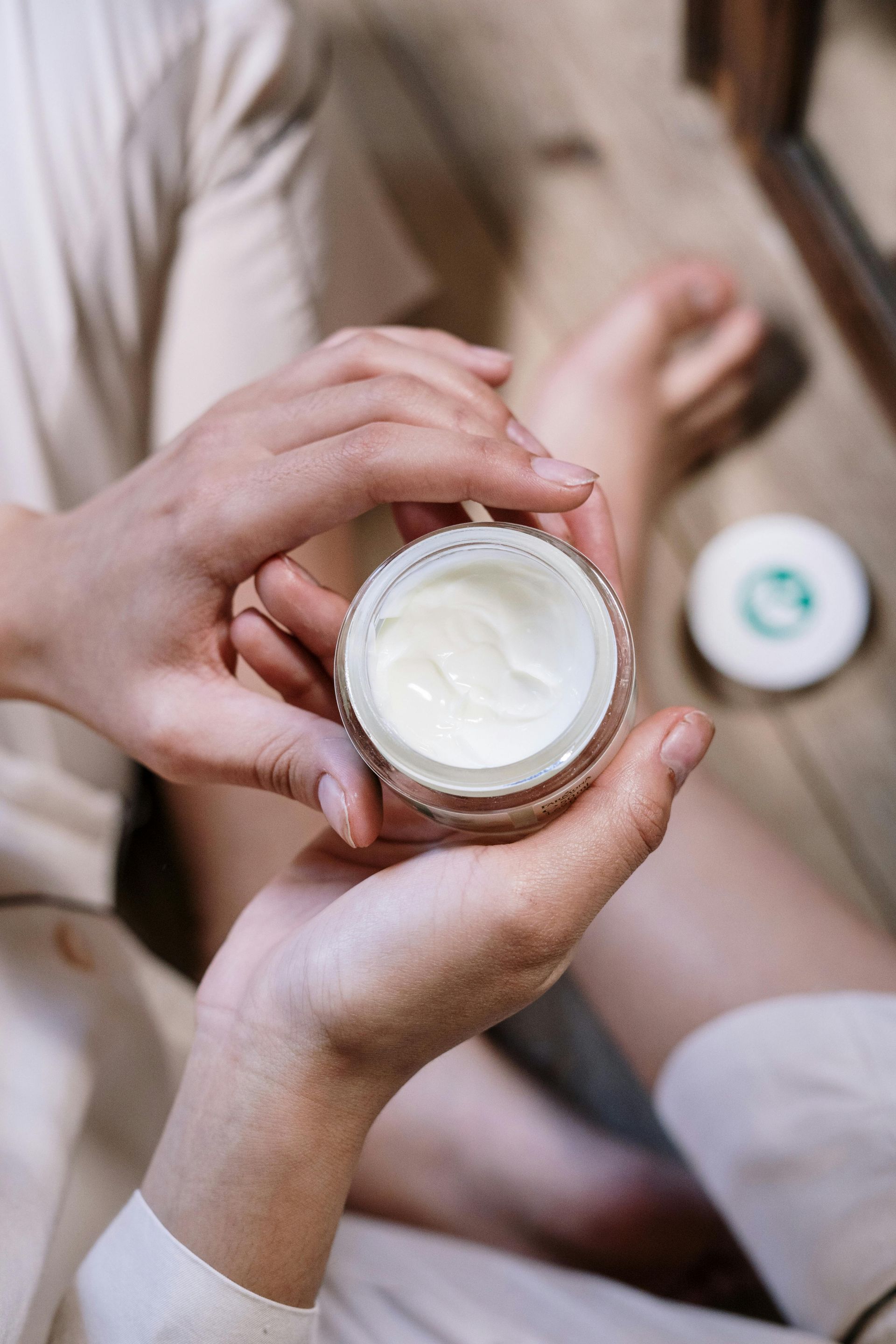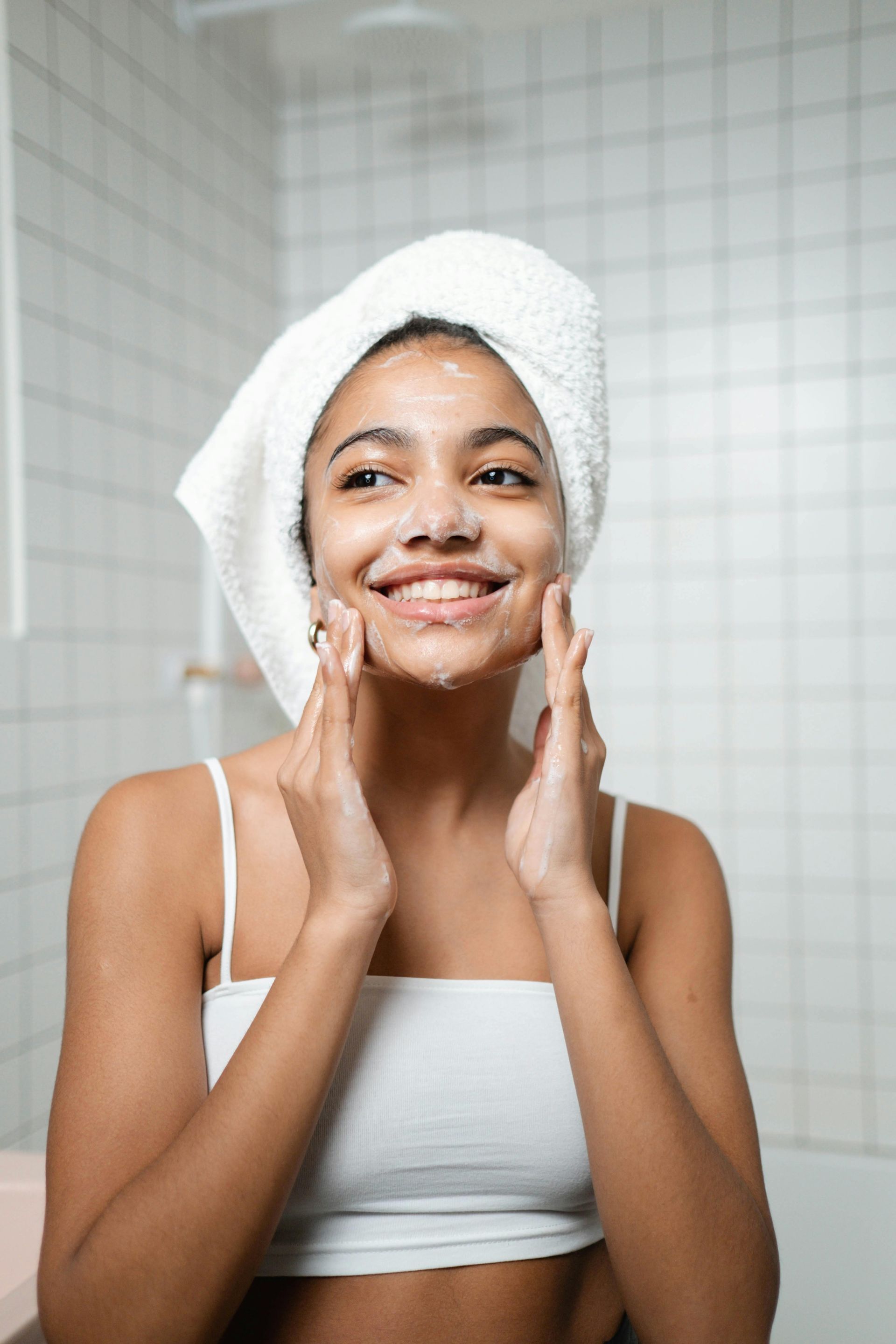The Growing Trend of Cannabidiol for Skincare
CBD is gaining popularity in becoming a mainstream skincare ingredient.

Cannabidiol (CBD) has recently gained significant attention in both the public sphere and media as a trendy and popular ingredient in skincare products. As a cannabinoid that lacks psychoactive effects, CBD is marketed for its anti-inflammatory, analgesic, hydrating, moisturizing, and wrinkle-reducing properties. Additionally, some claim it to be a remedy for skin aging, acne, eczema, psoriasis, and pruritus. However, the current data on its safety and effectiveness are limited. Clinicians should be aware of existing regulatory concerns and the scarcity of robust evidence supporting these claims.
Cannabinoids are a diverse group of pharmacological compounds categorized into three types: (1) endogenous cannabinoids, which occur naturally in the human body, (2) phytocannabinoids, which are found exclusively in the Cannabis plant, and (3) synthetic cannabinoids, which are produced in laboratories. These compounds share structural and biological similarities with the primary psychoactive component of the Cannabis sativa plant.
One notable cannabinoid from the Cannabis plant is cannabidiol (CBD), a compound that regulates physiological processes such as skin growth and differentiation. Unlike tetrahydrocannabinol (THC), CBD does not produce psychoactive effects. It has been studied for its potential in treating various medical conditions, including seizures and psychiatric disorders.
Recently, CBD has gained popularity in the mainstream media as a skincare ingredient, leading many brands to incorporate it into their products. These products are often marketed for their supposed benefits, such as anti-inflammatory, analgesic, hydrating, moisturizing, and wrinkle-reducing properties. Some even claim to offer anti-aging benefits or provide solutions for acne, eczema, psoriasis, and pruritus. With celebrity endorsements, these CBD-infused products have made a significant impact in the global skincare market, projected to reach $135 to $155 billion by 2021.
Unfortunately, the marketing claims surrounding CBD in skincare may have outpaced our current scientific understanding, particularly concerning its safety and efficacy. Given the growing popularity of CBD in skincare, this article reviews the current regulatory concerns and the limited evidence available in the medical literature to better inform clinicians.
Regulatory Concerns
Products containing CBD are widely available for purchase at dispensaries and online, but their regulation and legality remain contentious. At the state level, CBD is generally legal in states that permit medical and recreational marijuana use or across all states if derived from hemp, a strain of the Cannabis plant with low levels of THC.
Although limited, emerging medical literature suggests that CBD may have a role in managing acne. A recent study explored the effects of CBD on human sebocytes and skin cultures, finding that it suppressed sebocyte proliferation and lipogenesis. In addition to its lipostatic and antiproliferative effects, CBD also exhibited anti-inflammatory properties. The authors hypothesized that CBD could potentially serve as a treatment for acne.
Conclusions
While studies indicate that CBD might have potential in treating various skin conditions, clinicians should proceed with caution. Much of the available data is preclinical and lacks support from robust, randomized, placebo-controlled, double-blind studies. Despite its promising potential, there are still many unknowns regarding CBD’s use in skincare. Although products containing CBD are marketed to consumers with various claims, there is limited scientific data to substantiate these benefits.




